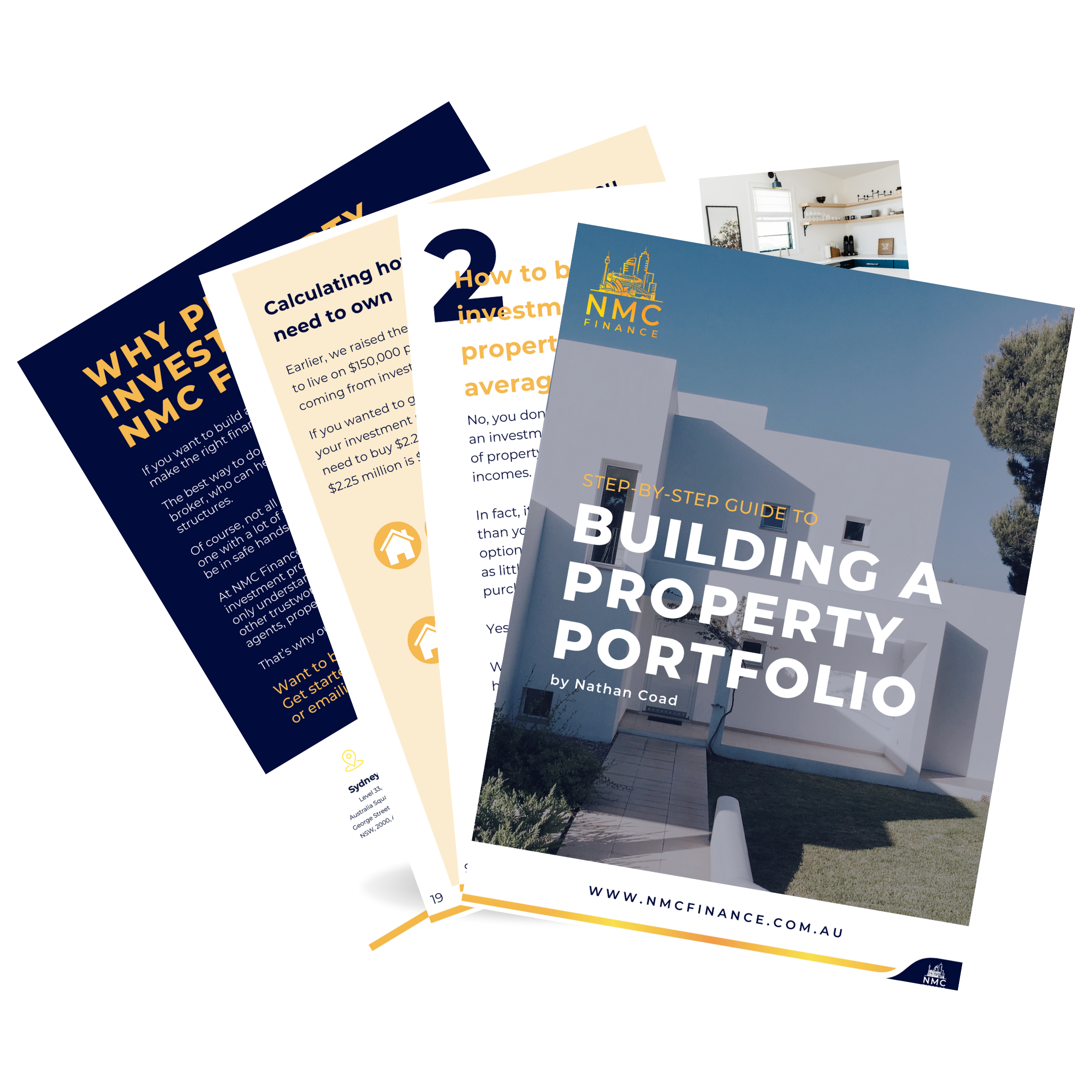Buying your first home is an incredible achievement. You skipped the avo on toast and worked hard to save for the deposit. The endless pile of papers are signed, you’ve collected the keys, and finally moved in.
For many people, that is the moment they feel a huge sense of relief. The hard part seems done. But once the excitement settles, reality often sets in.
Home ownership comes with ongoing costs that can easily surprise you if you have not planned for them.
Why post-settlement budgeting matters
Owning a home is very different from renting. When something breaks or needs attention, there is no property manager to call.
The expenses are now yours to manage. Having a clear plan for ongoing costs can make home ownership feel smooth and stress-free rather than overwhelming.
A well-planned budget means you stay in control and avoid financial pressure down the track. It also helps you stay on top of maintenance so your property remains in good condition and grows in value.
The everyday costs of owning a home
Once the excitement of moving in fades, a few regular expenses begin to appear. Some are small and easy to overlook, while others can be quite large. It helps to know what to expect before they arrive.
1. Council rates and water bills
Local councils charge property owners for services like waste collection and road maintenance. Water bills are also your responsibility, even if you rent the property out later. These charges can vary depending on your location, so it is smart to research your area in advance.
2. Home insurance
Protecting your property and belongings is essential. Home and contents insurance can cover damage from storms, fire, theft, and more. Premiums depend on where you live, the property type, and the level of cover you choose.
3. Maintenance and repairs
From fixing leaking taps to replacing fences, every property needs regular upkeep. A good rule of thumb is to set aside around one per cent of your property value each year for maintenance. That may sound like a lot, but it can save you stress later when an unexpected repair appears.
4. Utilities and internet
Electricity, gas, internet, and even streaming services are easy to underestimate. Reviewing your household bills every few months can help you spot savings and keep your budget realistic.
5. Body corporate fees
If you buy a townhouse or apartment, body corporate fees cover shared areas like driveways, lifts, and gardens. These fees can range from modest to quite high, depending on the property, so check the amount before buying.
Planning for the unexpected
Even with a solid budget, life can still throw a few surprises. Hot water systems break, storms cause damage, and cars need repairs at the worst times.
Setting aside an emergency fund gives you breathing space when something unexpected happens. It also helps you avoid dipping into credit cards or personal loans, which can be expensive.
How to stay in control
- Create a simple spreadsheet or use a budgeting app to track your expenses.
- Set up automatic transfers into a separate savings account for maintenance and insurance.
- Review your bills once a year to see if you can find better deals.
- Keep a buffer in your offset account to give yourself flexibility with repayments.
The value of a long-term mindset
Owning a home is a long game. There will always be small costs that appear, but planning for them keeps you in front. Think of your budget as a safety net rather than a restriction. It allows you to handle any surprise with confidence and keeps your financial goals on track.
Buying your home is just the first step. Managing it wisely is what builds wealth over time. By planning for the costs that come after settlement, you give yourself a smoother experience and protect the value of your investment.
If you are preparing to buy or would like help reviewing your home loan after settling, talk to NMC Finance. We can help you plan ahead so your home ownership journey feels manageable from day one.
This blog is intended for general informational purposes only. For personalised advice tailored to your unique financial situation, please contact NMC Finance.

